Intending to broaden government revenue sources rather than exempt online product vendors, a hearing was opened in the Senate to initiate discussions on taxation of individuals on product sales on major free online platforms such as OLX and Mercado Livre. .
In order to strengthen oversight of digital services on paid platforms such as streaming services (Spotify, Netflix), or online marketing channels, Senator Roberto Rocha (PSDB-MA), draftsman of the proposal, is opening doors for debate on a possible extension of the current tax reform, a kind of new digital legislation, which should absorb resources from the business by charging sales taxes.
“Technology allows for a very large consumption on the Internet today. We need to find ways to make a fair taxation,” the reporter reiterated at a news conference in the Senate. “Today there is very high tax evasion and informality, so we need to use the available technologies to advance this.”
For this reason, the Reform has been paying more attention to sales operations over the Internet, and one of the proposals is to collect taxes from individuals who sell their products through websites such as Mercado Livre and OLX.
Today, if you are a business selling a product on any of these sites, then you must pay the same taxes as when selling a product in the physical store (ICMS or ISS, PIS, COFINS, IRPJ and CSLL) but if you are a person physically selling products on these sites, the number of taxes paid is zero. This creates a situation where many shopkeepers open their accounts on websites such as Mercado Livre and OLX using the CPF instead of the CNPJ, selling them as individuals so they don’t have to pay sales taxes.
In addition, Rocha also states that this tax exemption for individuals ends up facilitating the sale of illegal products, as many people can sell counterfeit or smuggled items through these sites, since there is no need to generate Invoice.
Where should I start?
Now that you know that an e-commerce business is just like any other business and you have to do some things to keep your business going, the question that must be running through your mind is “but where do I start?”
Well, the first step is to make sure that you are working in a legal condition. Every business needs to fit into any of the regimes in place today in Brazil so that it can have a CNPJ and issue invoices.
There are currently three types of tax regime in place that most companies can fit into, regardless of size and area of operation. Depending on your background, you will have more or less taxes to pay.
MEI: valid for entrepreneurs who work alone or have at most one employee and earn up to R $ 81 thousand per year. It has the lowest taxes.
Simples Nacional: It is aimed at companies that earn up to R $ 4.8 million per year and also offers very advantageous tax rates.
Presumed Profit: companies that earn up to R $ 78 million per year. In this regime there is incidence of PIS and Cofins, which we will talk about later.
Real Profit: valid for businesses that had revenues over R $ 78 million, income abroad or worked with financing related activities.
Normally, taxes are the same as long as the entrepreneur is MEI or is framed in Simples. Regardless of whether it is an e-commerce or physical store. “For the other cases, there may be a difference in the ICMS tax rate for interstate sales of products,”; Explains Joanna Gonçalves, a partner at Verkh Consulting, Auditing and Accounting.
How is the e-commerce ICMS collected?
Companies can collect tax by calculation, that is, month by month, if they have state registration in the states of destination. If they don’t have it, you need to collect every sale. For both cases, the National State Tax Collection Guide (GNRE) is used.

